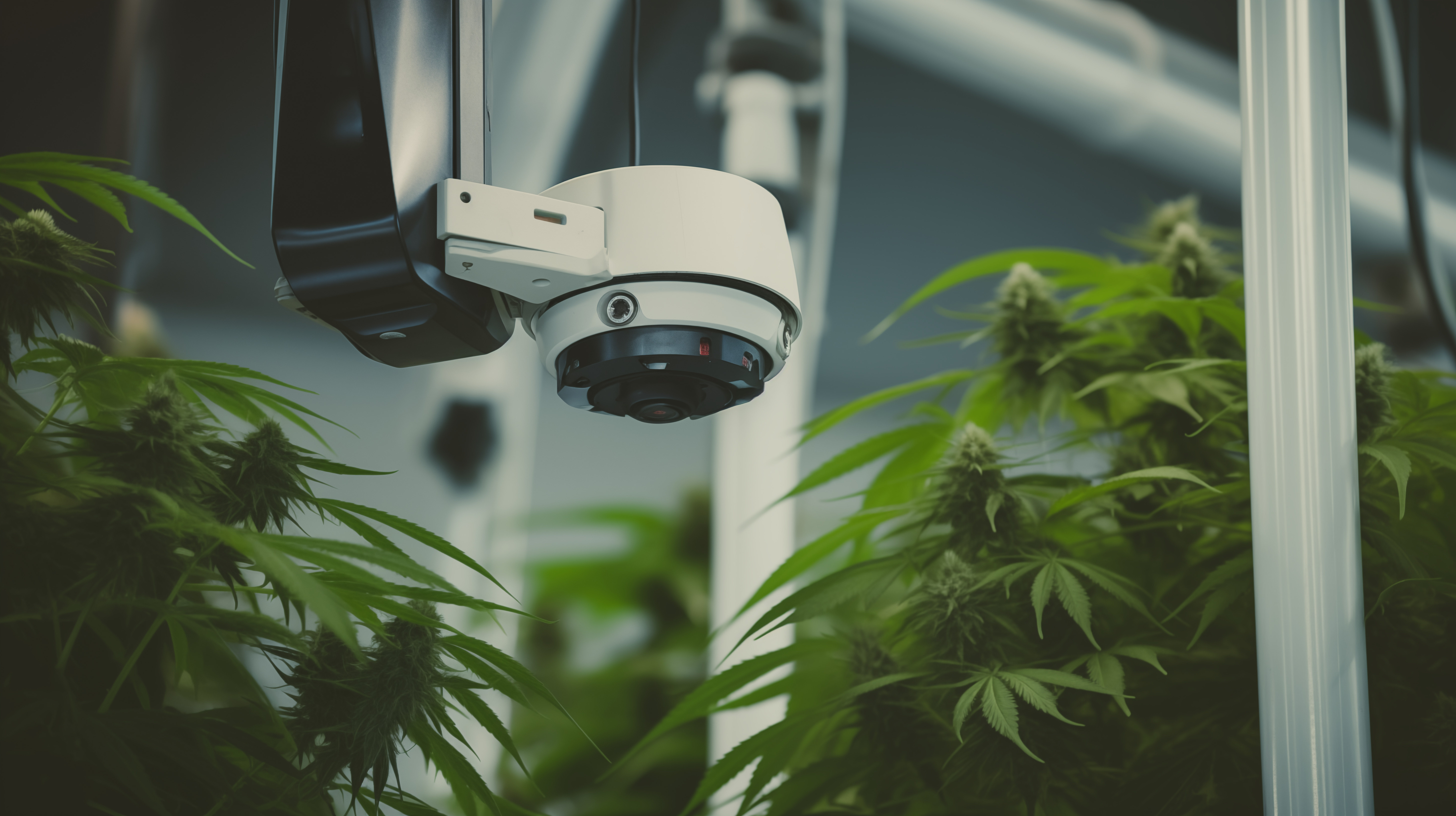With Minnesota’s cannabis market set to launch, businesses must navigate strict physical security regulations. Whether you're a grower, processor, or retailer, compliance isn’t optional—it’s the foundation of your license approval and long-term success.
Failing to meet security standards can lead to costly delays, fines, or even rejection of your license application. Minnesota regulators take security seriously, and non-compliance can result in heavy penalties, a license suspension or halting of your business until your systems are compliant again.Security isn’t just about following regulations—it’s about protecting your assets, ensuring employee safety, and maintaining operational efficiency. Here’s what you need to know about securing your cannabis business and avoiding common compliance pitfalls.
Understanding Minnesota’s Cannabis Security Requirements
Minnesota has some of the most detailed security requirements for cannabis businesses, covering everything from surveillance systems to access control and intrusion detection. These regulations are designed to prevent theft, unauthorized access, and compliance violations.
To meet the state’s standards, cannabis businesses must implement:
1. 24/7 Video Surveillance
Cannabis facilities must be equipped with high-resolution video surveillance covering all areas where cannabis is handled, processed, stored, or sold. The system must:
- Provide clear footage of all entry points, restricted areas, and transaction points.
- Store at least 90 days of footage on a secure, tamper-proof system.
- Include real-time remote monitoring capabilities.
- Feature backup power to prevent downtime during outages.
Many businesses overlook blind spots in their camera coverage, which can be a major compliance issue. Ensuring full visibility across your facility is critical.
2. Access Control & Restricted Area Security
Minnesota law requires strict control over who can enter sensitive areas, including cultivation rooms, product storage areas, and cash-handling locations. Businesses must implement:
- Keycard or biometric access systems to prevent unauthorized entry.
- Audit trails to log every access attempt for compliance reporting.
- Visitor management protocols, including escort requirements for non-employees.
Failing to secure restricted areas properly can result in security breaches, regulatory violations, or even product diversion.
3. Intrusion Detection & Alarm Systems
To prevent theft and unauthorized entry, cannabis businesses must have:
- State-approved alarm systems covering all entry points.
- Tamper-proof sensors for doors, windows, and safes.
- 24/7 monitoring by a licensed security provider.
- Immediate response protocols for law enforcement notifications.
An outdated or non-compliant alarm system can lead to fines and loss of inventory due to theft.
Common Security Oversights That Could Cost You
Even with a solid security plan, cannabis businesses often make small but critical mistakes that lead to compliance issues, including:
- Inadequate camera placement, leaving gaps in surveillance.
- Weak access controls, allowing unauthorized personnel into restricted areas.
- Failure to maintain security logs and reports, which are required for audits.
- Non-compliant alarm systems, which may not meet state-mandated response times.
These mistakes can cause major delays in the licensing process or force businesses to spend thousands on compliance corrections.
The Role of AI in Cannabis Security Compliance
As the cannabis industry grows, security threats are becoming more sophisticated. AI-driven security solutions are transforming the way businesses protect their operations, offering advanced capabilities such as:
- Automated Threat Detection – AI-powered cameras can detect unusual activity, such as loitering or unauthorized entry, and send real-time alerts.
- Facial Recognition & Behavioral Analytics – AI can identify repeat offenders or suspicious behavior patterns to prevent theft.
- Predictive Security Measures – AI-driven systems can analyze data trends to identify vulnerabilities before they become serious threats.
By leveraging AI, cannabis businesses can enhance security, improve compliance, and reduce the risk of financial losses.
How Parallel Technologies Helps Cannabis Businesses Stay Compliant
Navigating Minnesota’s complex cannabis security regulations can be overwhelming, but Parallel Technologies is here to help. We provide end-to-end security solutions tailored to the unique needs of cannabis businesses, ensuring full compliance with state laws.
Our services include:
- Comprehensive Security Assessments – Identifying vulnerabilities and ensuring your business meets regulatory standards.
- State-Compliant Video Surveillance – Surveillance systems with real-time monitoring and 90-day footage retention.
- Advanced Access Control Solutions – Biometric and keycard-based security to prevent unauthorized access.
- Intrusion Detection & Alarm Systems – State-approved alarms with 24/7 monitoring to protect your facility.
- AI-Powered Security Upgrades – Enhancing compliance with real-time threat detection and predictive analytics.
With decades of experience in regulated industries, Parallel Technologies understands the challenges cannabis businesses face. Our team ensures you’re not just meeting compliance requirements but also setting up a long-term security strategy for success.
Protect your license and your assets.
Fill out the form below to schedule a no‑obligation security review with Parallel Technologies. Discover how our integrated, state‑compliant solutions can secure your operations and ensure long‑term success.


